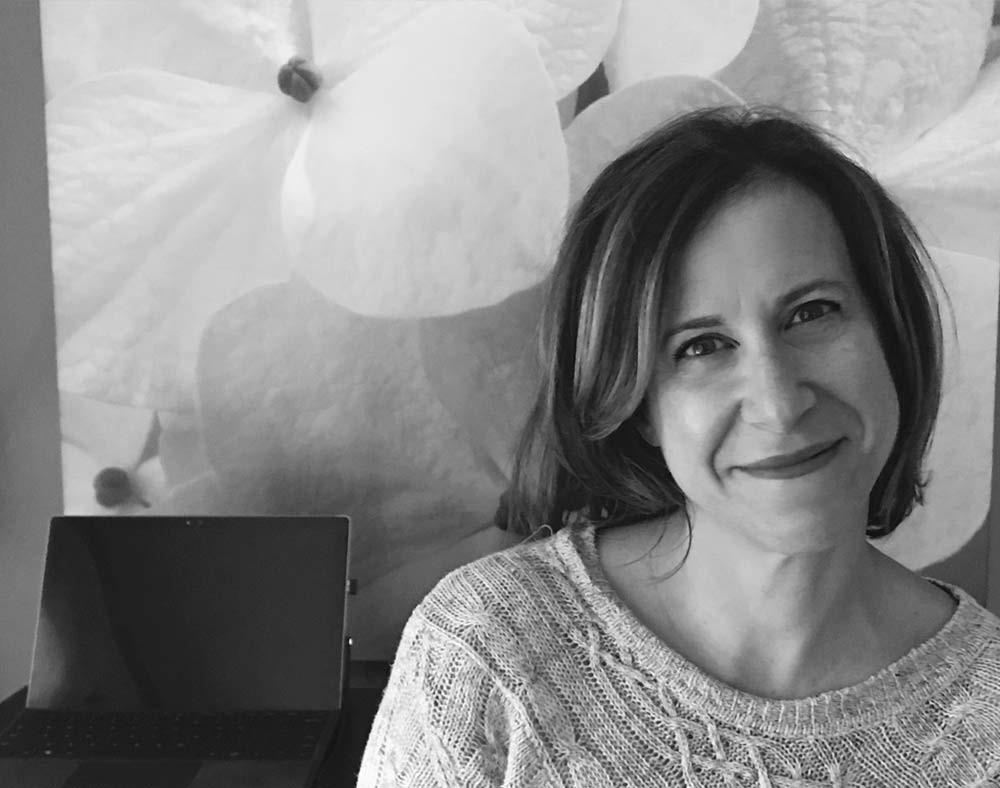“Why should the citizens of this world keep companies around whose sole purpose is the enrichment of a few people?” – Paul Polman, former CEO of Unilever.
The corporation as a mode for organizing economic activity was created in 1790s America and is credited with generating the explosive economic growth that brought the nation through the industrial revolution to the economic prosperity of today. But scholars and practitioners now blame the way corporations operate for the relentless rise in wealth and income inequality that has taken place in both the industrialized and the developing worlds.
At the core of the problem is the dominance of the idea, attributed to Milton Friedman, that the sole duty of the corporation is to make money for its owners – or maximize shareholder value (MSV). The harmful social and environmental impacts of corporate activity – long characterized as the firm’s “externalities” – arise from agency theory that dictates prioritizing shareholders’ short-term profit making over the interests of workers, communities, and the environment. The seemingly inexorable rise in inequality has led to deep questioning of the role of business in society, and to a host of proposals to reform corporate structures and governance, ranging from the corporate social responsibility (CSR) movement, to the business and human rights (BHR) movement, to the social enterprise and cooperative movements, and the rise of the benefit corporation (and certified B Corps) and steward ownership models.
How promising are alternative corporate structures for promoting human rights and redressing economic inequality?
This question was tackled at the inaugural Croatan Forum in Durham, North Carolina, last October, where 75 participants considered topics ranging from place-based investing in regenerative agriculture and resilient, regional food systems; total portfolio approaches to impact investing in climate solutions, business and human rights, and socially inclusive business; investor engagement on environmental and social challenges; and financial sustainability and systemic risk. The session, “Business Models that Prioritize Human Rights Outcomes,” was a sequel to a roundtable that took place at Columbia University in May 2016. At that meeting, there was general agreement that re-aligning business and society needs to involve both reform of existing structures and modeling alternatives. Today’s dominant business structure is a social construction, a product of a series of legal and policy decisions and investment practices, and is not guaranteed to survive. The Croatan Forum session was an opportunity to reflect on the changing landscape for alternative corporate structures, particularly in the U.S., and to draw new insights into what legal, fiscal, and policy changes are needed to encourage approaches to governance that lead to more socially responsible business models.
Along with Croatan Senior Fellow and business and human rights expert Liz Umlas, the session featured a video presentation by Oxfam GB on its Future of Business Initiative, and two executives working within their respective companies to address sustainability and human rights challenges: Deanna Bratter of Danone North America and Natalie Reitman-White of Portland-based Organically Grown Company.
Just weeks before we convened, two public intellectuals stirred national debate with hard-hitting challenges to the status quo.
First, in late August, U.S. Senator Elizabeth Warren put the topic of addressing economic inequality by tackling shareholder primacy on the national agenda when she penned an Op Ed in The Wall Street Journal, “Companies Shouldn’t Be Accountable Only to Shareholders.” The Op Ed laid out the rationale for Warren’s Accountable Capitalism Act, which she had just introduced to Congress. Following the benefit corporation model, the legislation would force corporations with over $1 billion in revenue to amend their charters to require directors to consider the interests of stakeholders – communities, workers, and consumers – in their decisions.
Second, political commentator Anand Giridharadas was on a nationwide speaking tour to promote his new book, Winner Takes All: The Elite Charade of Changing the World. The book challenges the corporate social responsibility movement that allows leaders of conventional businesses who claim credit for sustainability programs without producing meaningful results. In Giridharadas’ words, “market world changers are” spending time “fixing the edges of our fraying social order” when that time could be used “to push for real change.”
Giridharadas’ critique brought into focus the animating question for our session in Durham: What does real change look like and how do we get there?
Danone NA and Organically Grown Company are two businesses grappling with this question in distinctive ways and pushing beyond “the edges” of social change. Both had made news in 2018: in April Danone NA became the world’s largest certified B Corp; and in July, Organically Grown Company had transformed itself from an employee stock ownership company to become the first perpetual purpose trust company, a brand new corporate form.
During the discussion with Deanna, Natalie, Liz, and others in the room, we probed the extent to which human rights has figured into these corporate decisions, where real progress has been made in addressing human rights, and what policy, legal, and financing challenges remain.
View the full session, here:
Photo by chuttersnap on Unsplash

